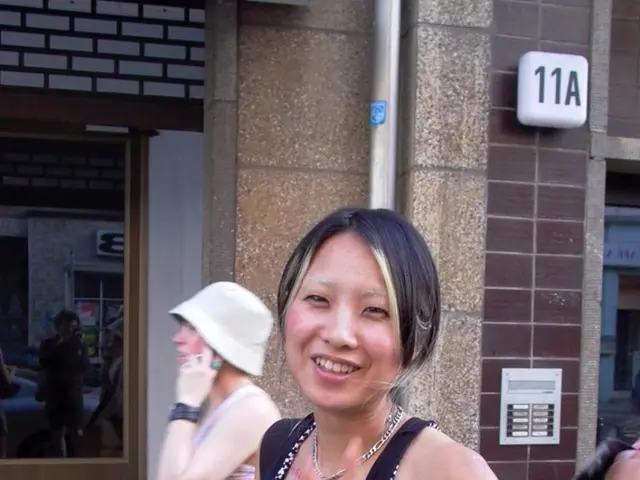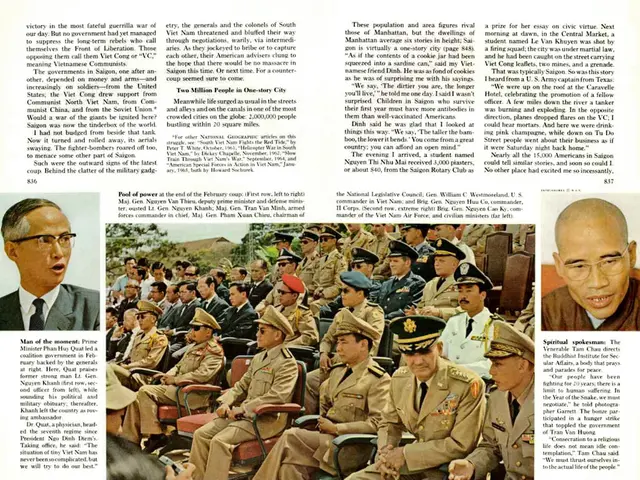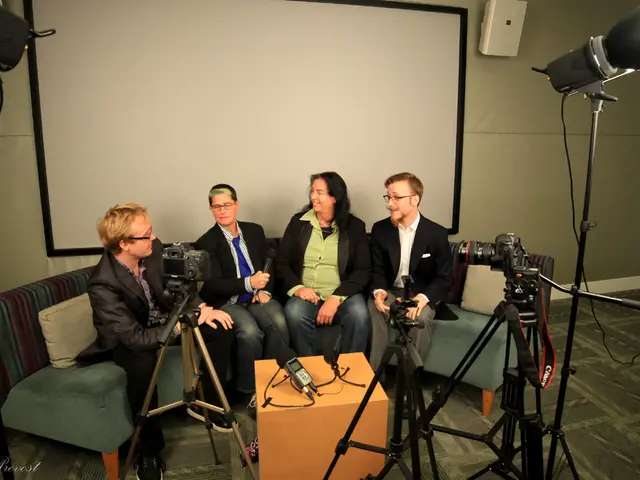Prospective paths in the field of Fashion Design upon degree completion:
Unleashing the Versatility of a Fashion Design Degree: Paving the Way for Non-Traditional Career Paths
A fashion design degree no longer stands as a one-way ticket to the traditional realms of fashion design or styling. Instead, it serves as a versatile foundation for a multitude of creative, innovative, and diverse careers. Here's a glimpse into the wide range of non-traditional career paths that fashion design graduates can explore:
Expanding Horizons: Beyond Conventional Roles
- Digital Fashion Designer: In an increasingly digital world, this role involves the creation of digital models and designs for virtual fashion shows or online platforms. It calls for expertise in computer-aided design (CAD) software and an inherent understanding of digital fashion trends.
- Fashion Fixer: A fashion fixer ensures the smooth execution of fashion events, photoshoots, or runway shows by managing logistics, last-minute changes, and overseeing every element's placement.
- Fashion Archivist: Preserving historical fashion items and documents is the responsibility of fashion archivists, who catalog and maintain collections of significant fashion pieces. This role may also involve research and exhibitions.
- Trend Forecaster: Predicting future fashion directions by analyzing current trends is the job of trend forecasters, helping brands and designers make informed decisions about their product lines.
- Fabric Researcher: Fabric researchers are tasked with exploring and developing sustainable materials that align with current fashion trends. Their work involves close collaboration with textile manufacturers and designers.
- CRM (Customer Relationship Management) Manager: Although not directly related to design, CRM managers in the fashion industry owe it to their brands to manage customer data and interactions, ensuring strong client relationships.
- Fashion Blogger/Vlogger: Fashion bloggers and vloggers create content around fashion trends, styles, and lifestyles. This occupation requires writing, photography, and video production skills, often pursued independently or for larger media outlets.
- Fashion Merchandiser: Ensuring stock levels meet demand through informed planning and analysis of sales data and trends, fashion merchandisers play a crucial role in managing the product lifecycle.
These roles underscore the myriad opportunities beckoning fashion design graduates, combining creativity, business acumen, and technology to shape the future of the fashion industry.
The fashion design landscape is ever-evolving, providing fertile ground for rising professionals who seek to leave an indelible mark through their passion and purpose. Armed with a solid foundation, a fashion design degree offers the potential to unlock a world of diverse and exciting career paths.
- A fashion design degree can lead to a career as an art director in fashion-and-beauty departments, overseeing the artistic vision for product lines and campaigns.
- With their skills in design and understanding of the industry, fashion graduates can enter the education-and-self-development sector, creating and managing programmes that teach fashion and design to students.
- The versatility of a fashion design degree can also open doors to career opportunities in lifestyle businesses, where graduates might design and develop unique products that cater to contemporary lifestyles.
- Fashion design graduates can leverage their creativity and knowledge of trends to pursue a career in fashion product development, responsible for bringing designs to life and ensuring their practicality and commercial success.








